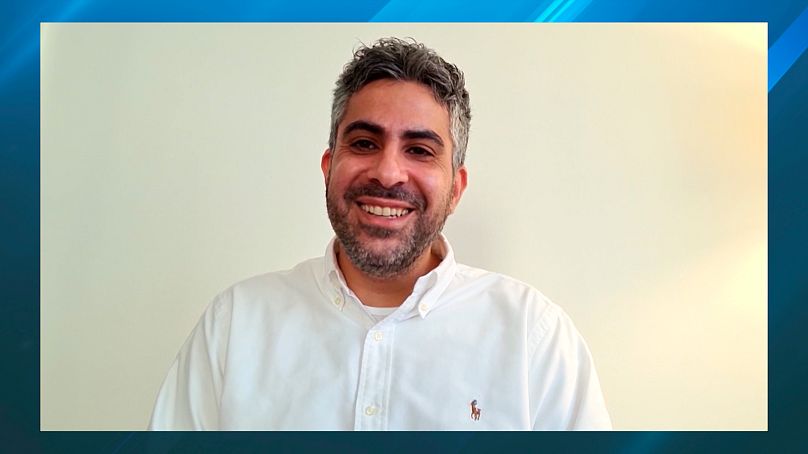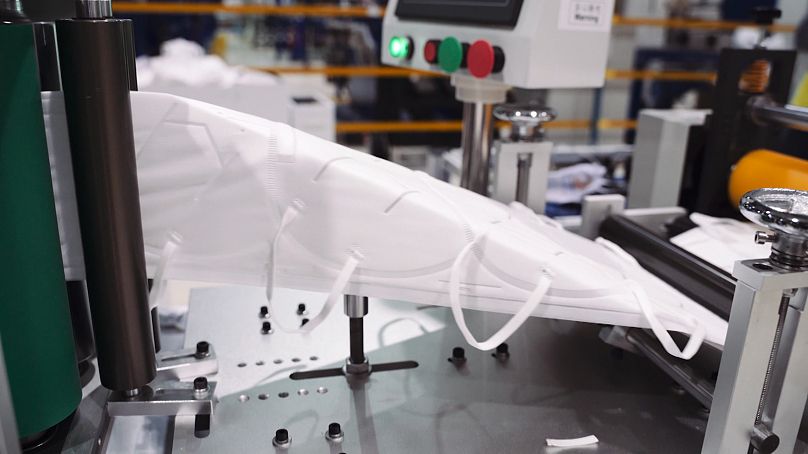Like so many industries around the world, manufacturing has been badly hit by the COVID-19 pandemic.
Like so many industries around the world, manufacturing has been badly hit by the COVID-19 pandemic.
The key to its survival is digitizing and modernizing, so said executives at the Global Manufacturing & Industrialization Summit 2020 this September.
Topics discussed by the captains of industry, ministers & diplomats, who gathered together virtually, included how the sector’s road to recovery could be eased by advanced technology.
Executive views
Honeywell’s chief executive, Darius Adamczyk, said that economic stimulus was the correct approach to the pandemic.
Whilst Schneider Electric’s CEO, Jean-Pascal Tricoire, said that government stimulus could also be directed towards SMEs, which provide "the lifeblood of the economy."
Meanwhile, Siemen’s President & CEO, Joe Kaeser had this to say:
"Honestly, the jury is still out on when this is going to end, or whether it's ending at all.
And the question for us, which is very important, is what is going to be temporary in nature - in terms of the changes - and what is going to be structural in nature."
Fourth Industrial Revolution
Spearheading discussions at GMIS was head of the organizing committee, Badr Al Olama, who highlighted the urgent need for global dialogue to shape the future of the industrial sector.
He pointed to how, in a short space of time, consumer needs had changed, forcing manufacturers to adjust their products and services, whilst digitizing.
“Some companies that were digital ready, they had a very high level of readiness,” Al Olama told Rebecca McLaughlin-Eastham of Inspire Middle East. “I think companies that haven't done that are going to be wiped out, very simply put.”
As for what the future of manufacturing & industry looks like in the UAE and internationally, following the global pandemic, Al Olama had this to say:
“It is going to develop, in my opinion, in the form of hybrid models where technology and people have to co-exist, have to work together. What COVID-19 has done, it's simply accelerated that process so that we could embrace technology and get the most out of the Fourth Industrial Revolution.”
He added that private sector companies needing to take the lead, whilst governments should focus on providing the right policies and frameworks to capitalise on the Fourth Industrial Revolution (4IR).
Mubadala Aerospace
Central to the UAE government’s strategy for 4IR, and Abu Dhabi’s vision for economic diversification, is Mubadala Aerospace.
Al Olama heads up the global network of aerospace businesses, which is supported by a homegrown manufacturing ecosystem.
One of the companies under his remit is Strata, a supplier of aircraft parts & components to global plane manufacturers like Airbus and Boeing.
The worldwide aerospace sector has been badly affected by the COVID-19 crisis, with IATA (International Air Transportation Association) estimating this year’s global airline industry losses will be $84.3 billion.
As a result, Strata pivoted during the pandemic, and in partnership with Honeywell, it established the first production line for N95 masks in the region. Its facility in Al Ain, an oasis city near Abu Dhabi, is capable of producing 90,000 units per day.
In terms of how best to weather the global aerospace downturn and the wider pandemic, Al Olama told Euronews that keeping employees safe was paramount and adaptability as a business was key.
“How do you deal with a pandemic when you need to continue from an operational perspective, maintaining an operational drumbeat?” he says. “You need to constantly focus and make sure that those products are getting out. That's number one. The second thing is when you are in the manufacturing world, when you are in the aerospace world, which dictates a very high-level quality standard, there is no reason whatsoever that you cannot repurpose those skills.”
In a further push towards medical sector self-sufficiency, Abu Dhabi recently identified 24 'top priority medical products' for potential domestic manufacture; including pharmaceuticals, medical equipment and PPE, according to WAM.
Rashed Abdul Karim Al Balooshi, Undersecretary of the Abu Dhabi Department of Economic Development, also revealed that domestic demand for protective supplies and medical equipment is expected to grow between 89 - 172 percent on average in the years ahead.
SEEN ON SOCIAL MEDIA: PORTRAIT
Egyptian filmmaker & photographer Mohamed captured this portrait on his phone, at a steel factory in Cairo.
With contributions from Nancy Sarkis and Arthur de Oliveira.













